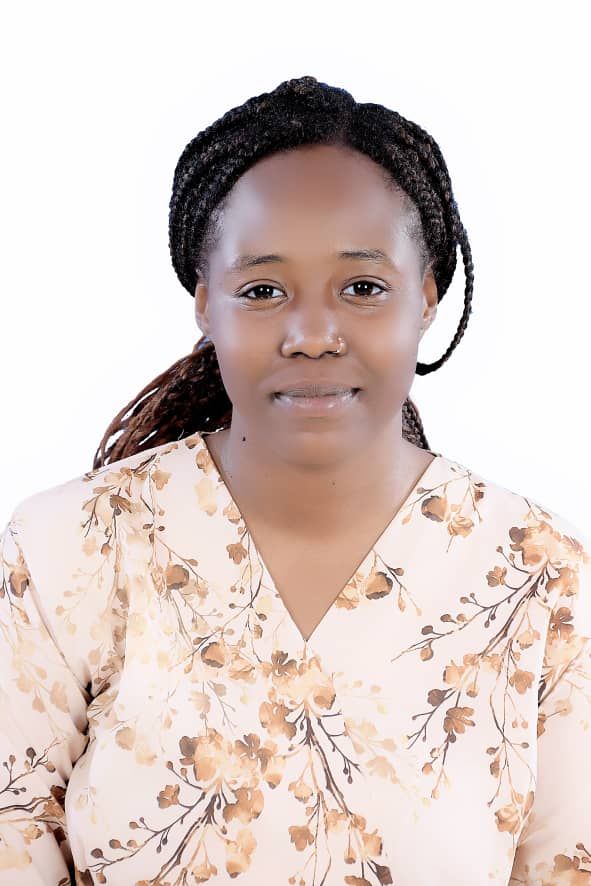The Sudan war broke out on April 15, 2023, and I was residing in Al Amarat near Khartoum Airport at the time, amidst the violent clashes from the early hours. Within days, my family and I fled due to the intensity of the sounds of weapons, seeking safety in my hometown, El Obeid.
On arrival, I could hear the loud sounds of ammunition as the warring factions battled each other, making me realize that my home town too had not been spared. It quickly turned into a semi-lifeless city, with closed markets, scarce transportation, and most families relocating to more stable villages and towns. With my university studies halted, and the lack of hope for learning anything, in addition to the internet shutdown, I decided to travel to Uganda.
I bid farewell to my family and embarked on my first visit to a country with limited information about it. All I had were some friends waiting for me to arrange accommodation and studies. Uganda became a sanctuary for hope, security, and learning.
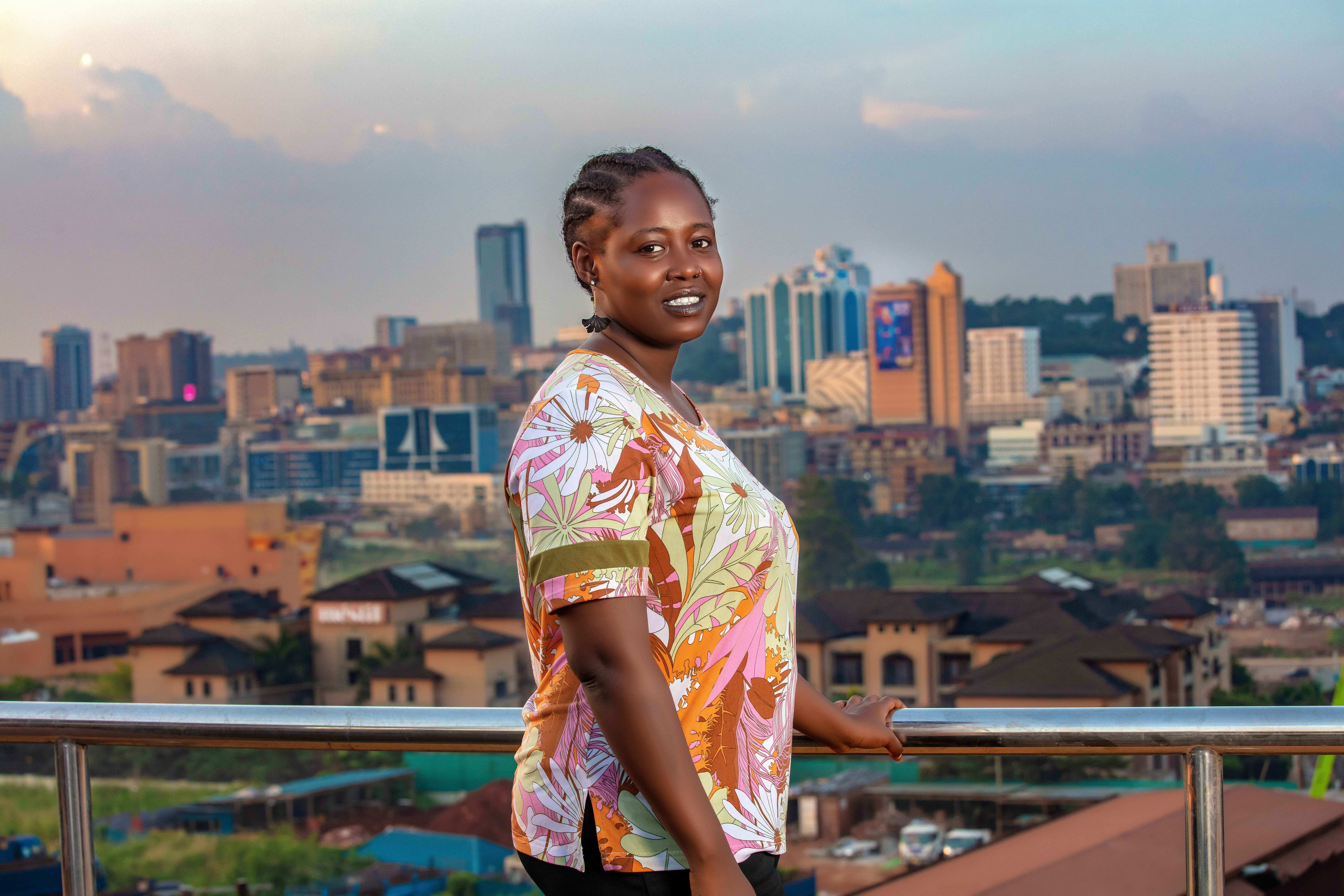
The author, Eatzaz Bakry shot by photographer Mark Wasswa, with a backdrop of Kampala's skyline.
The Start of a New Life in Kampala
I still remember the early days in Kampala, visiting restaurants and cafes with Ethiopians and Eritreans. We frequently visited Al-Firdous restaurant, Stella coffee shop, and Al-Firdous grocery store, all owned by Sudanese people. We also explored Ugandan beauty salons, concentrated downtown, specifically in the Arua park area.
Before we knew it, Kampala was filled with Sudanese restaurants, cafés, beauty salons for both men and women, grocery stores, bakeries, and even bread shops. In the beginning, Peter, a hostel owner in Wandegeya, did not bring salty bread because the number of Sudanese was small, and they were the only group buying it. With an increase in the Sudanese population, Peter started providing salty bread for one meal, then two, and recently ensuring its availability 24/7, with students from neighboring hostels coming to buy bread from him.
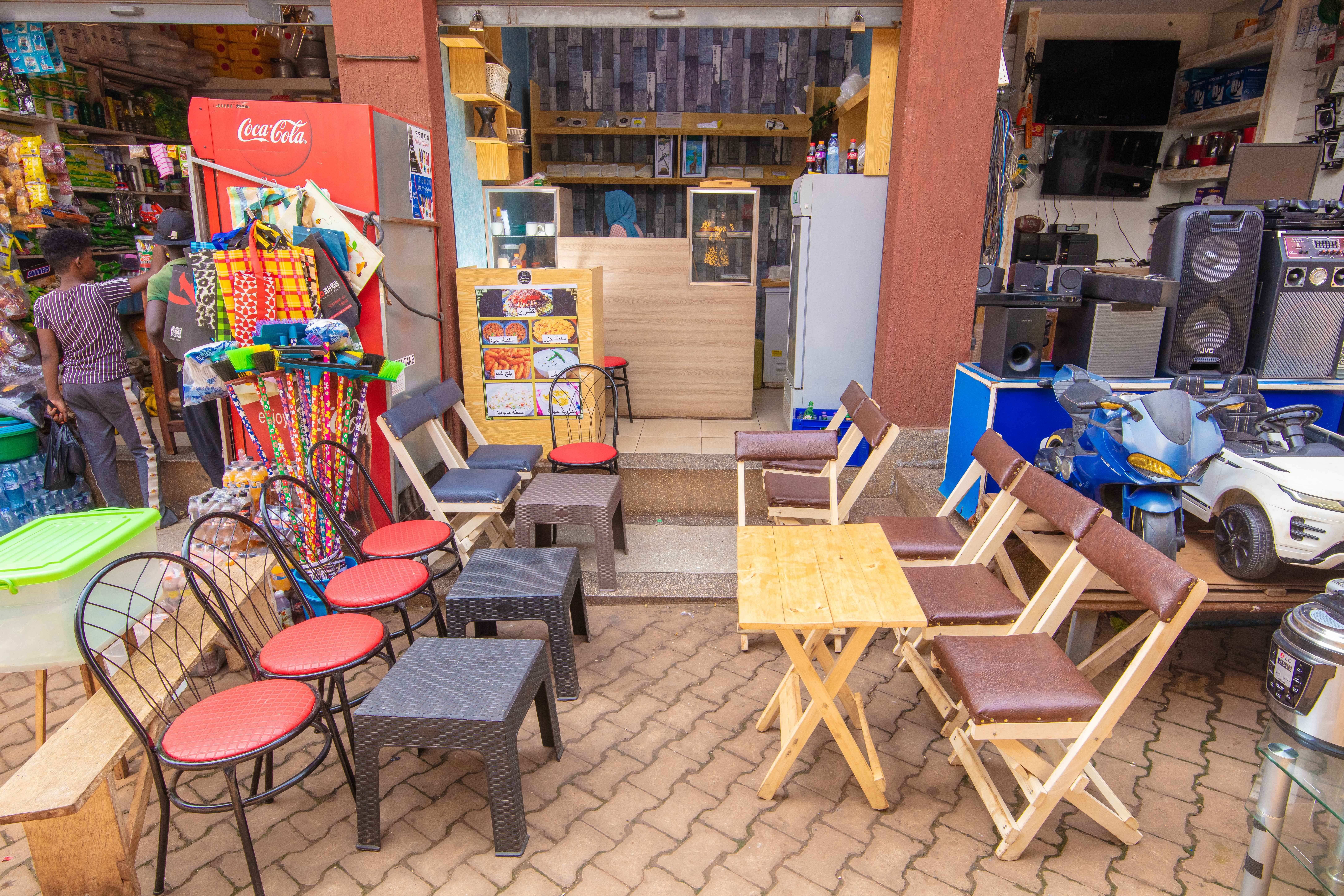
Sudanese businesses in Wandegeya. Credit: Mark Wasswa for Andariya
An Opportunity for Income Generating Activities
In my neighborhood, Wandegeya, there are currently five restaurants, a coffee shop, two travel and study agencies, a butcher shop, a grocery store, and a men's beauty salon. The revitalization of various activities is a key reason for people coming here, as Uganda offers relative ease in legal investment procedures. Additionally, Ugandan society's coexistence, acceptance and openness to other ethnicities made the country an attractive environment for Sudanese among others.
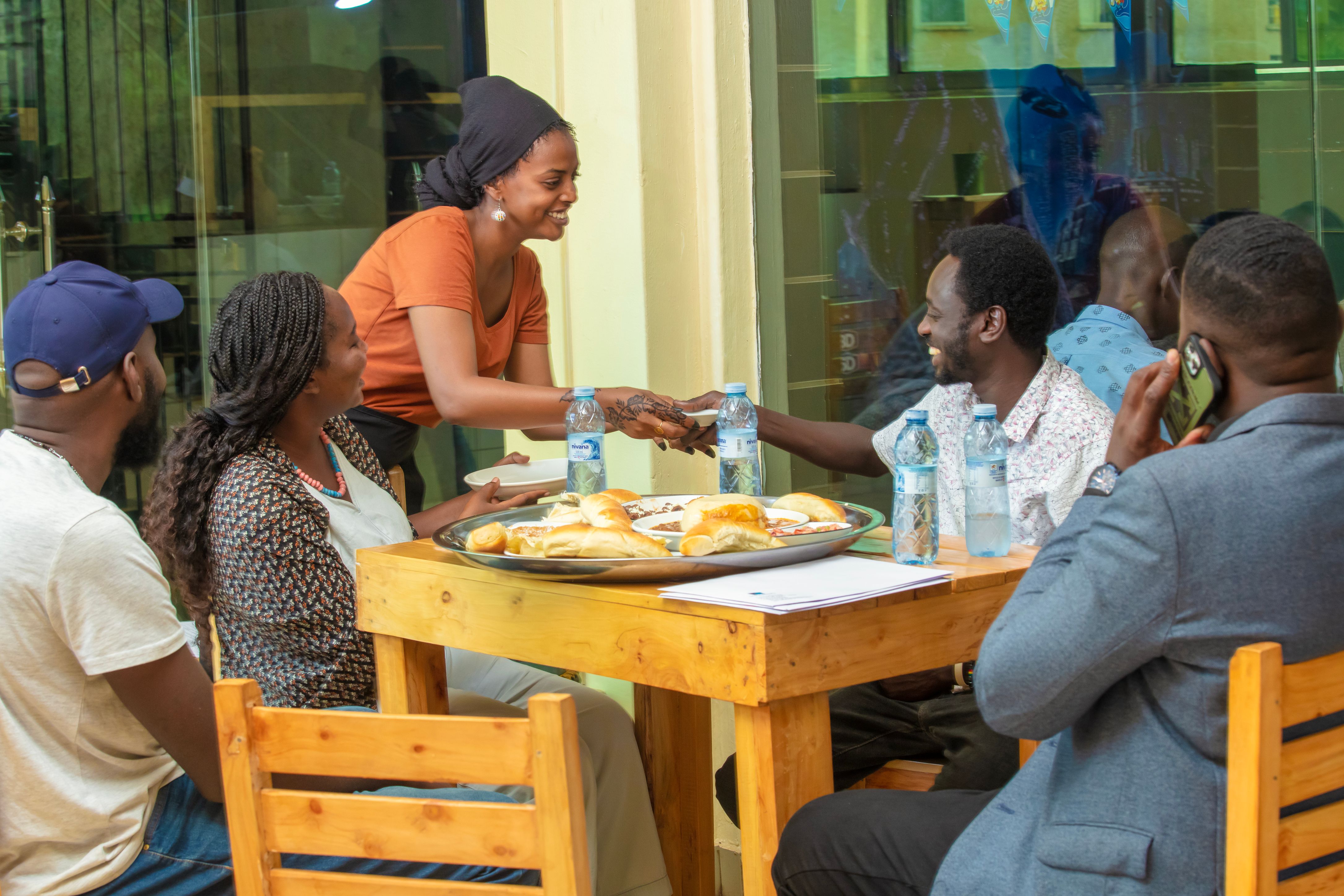
Nedal Ahmed, owner of AfroKush restaurant and cafe greeting happy customers. Credit: Mark Wasswa for Andariya
I met Nedal Ahmed, a master's student at Makerere University and a mother to a four-year-old, at AfroKush, a restaurant and café she opened on December 24, 2023, in Ham Tower Mall. She spoke about her long time desire, since her time in Sudan, to establish her own business. However, Nedal never expected that it would be outside Sudan, but the war and economic conditions led her to do so after settling in Uganda.
She mentioned that she began feasibility studies and started searching for a suitable location in September 2023. Despite some challenges, the favorable legal procedures encouraged her to open this venture, and her desire grew to help her family in Sudan.
Nedal, a young entrepreneur, saw that she could provide employment opportunities for Sudanese youth during their study breaks, and assist them in meeting some of their needs. Despite the difficulty of finding work in Uganda and securing work permits, similar business opportunities could suit students.
Entering the job market was a significant challenge for Nedal, considering it was a new country, and she struggled with the scarcity of information about local markets for sourcing affordable food supplies. Despite not initially targeting non-Sudanese communities, Nedal is pleased with the venture thus far, and envisions her business thriving and expanding to serve Ugandan meals.
Old and New
I also wanted to hear from Fidail Ahmed, a Sudanese businessman living in Uganda for over ten years and a co-founding partner of Al Firdous restaurant, established eight years ago in Arua Park. He was kind enough to share his journey and what inspired its growth. He recalled the early years of their operation, “My partners and I thought about serving the South Sudanese community due to their significant numbers compared to the size of the Sudanese at the time, and because both share a similar food culture. After the war in Sudan, the number of customers from Sudan increased, and gradually, with the expansion of Sudanese businesses, we noticed a decrease in customers and returned to the earlier target”.
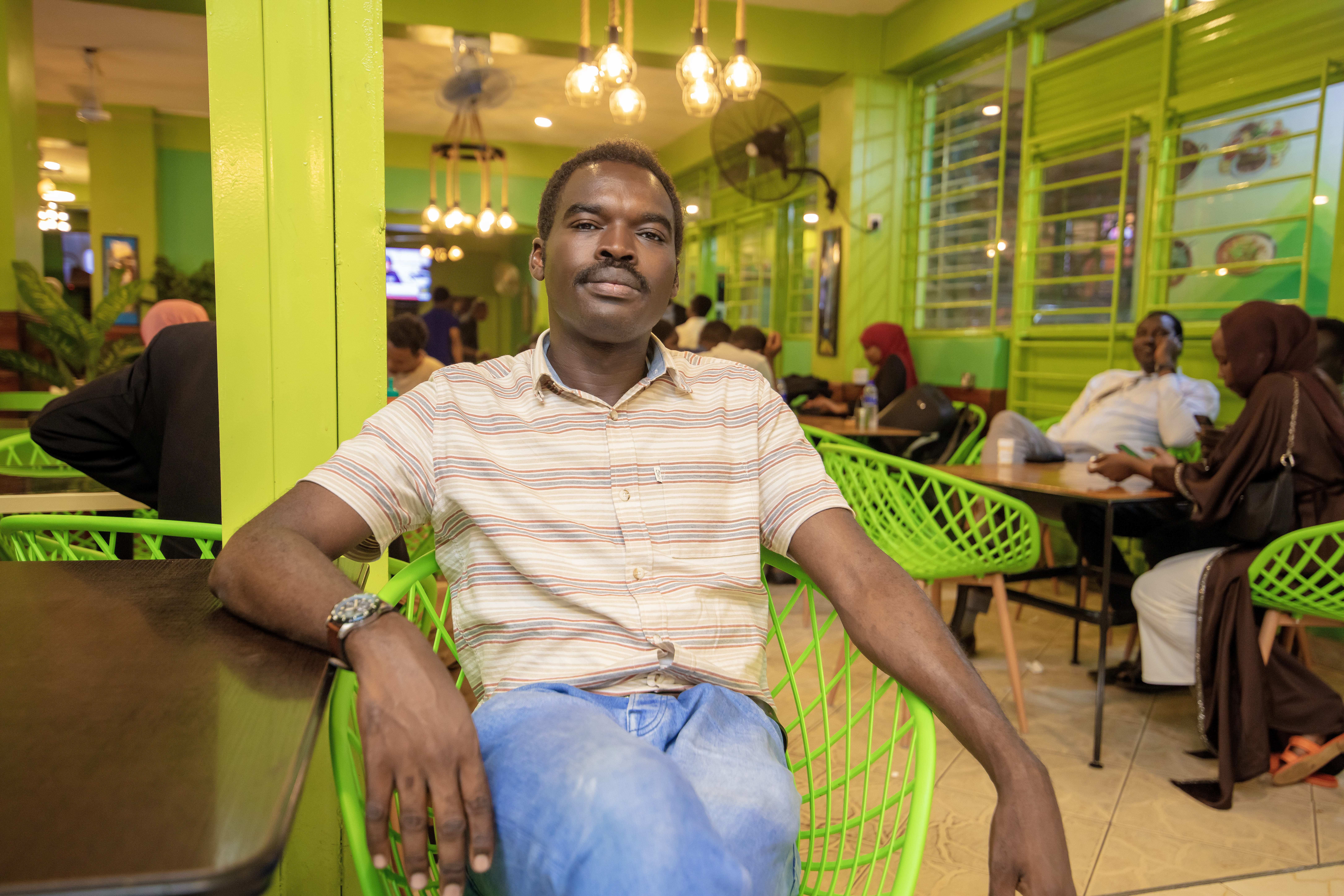
Fidail Ahmed, co-founding partner of Al-Firdous, a famous restaurant and grocery established 8 years ago. Credit: Mark Wasswa for Andariya
According to Fidail's observation of growing Sudanese businesses in Uganda, there has been an expansion from around "14 Sudanese restaurants in the central business district and areas like Kabalagala and Kansanga, to nearly 140 restaurants and cafés all over Kampala now".
Fidail further added “There are even areas where, throughout my years here, I never saw Sudanese in, and now I visit Sudanese families there and witness the revival of Sudanese investment. From 10 grocery stores, there are now over 70. There is also a form of investment by Sudanese residing in Europe and America for many years; involving the purchase of large agricultural lands, leasing them to small farmers, or investing by cultivating and raising poultry”.
On my journey to learn about the businesses that started after the war, I stumbled across the restaurant Reem El Bawadi. Speaking with Muzamil Al Ghali, part of the restaurant's management team and a resident in Uganda since before the war, I learned that he suffered to find suitable places for business meetings. Most hotels were expensive, and did not serve Sudanese meals. So for several reasons, he and others began to consider creating a space for the Sudanese community three years ago. The space was intended for cultural, social and recreational activities, to host weddings and other community events, while serving Sudanese meals catering to the Sudanese taste. Muzamil believes that Reem Al Bawadi, which opened after the war, received great acceptance due to its establishment to suit the community's needs.
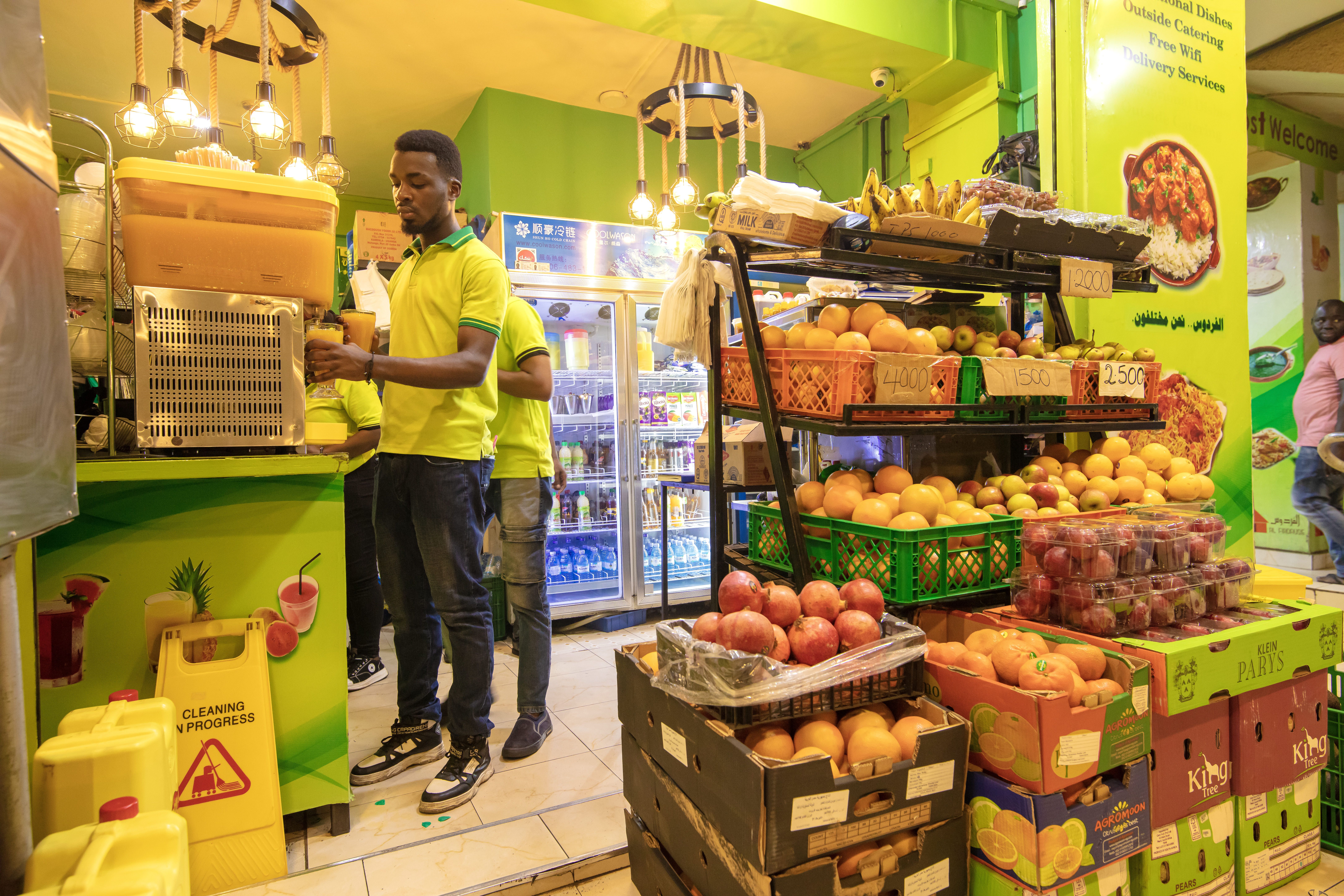
Staff prepare orders at Al-Firdous restaurant in Arua Park. Credit: Mark Wasswa for Andariya
Muzamil believe the ecosystem is expanding and Uganda has the key components needed for investment, including exchange rate stability, low economic inflation, and political, security and electricity stability. He encourages Sudanese investors to explore diverse investment projects and not limit them to restaurants, cafes and grocery shops. He added that it's key to target different nationalities with new businesses, to leverage the country's 40 million plus citizens and residents. Reiterating Fidail's point, Muzamil also noted that prior to the war, many Sudanese businesses targeted different nationalities, but now due to the high incoming numbers, some businesses solely target Sudanese communities.
I also met Isra al-Sheikh and her friend Hiba, two owners of a Koshari and salads shop. Isra considers their product different than others in price and target, because they target students, so their price is low. They keep it that way despite their need to make ends meet and generate income. According to Isra, working in Uganda is easy and the market is attractive for investment although it's a developing country. The restaurant, named after their own names, is their small families' source of income. Isra and her husband Fouad are partners in the management, capital and administration. As Isra put it, she considers the project a survival tool for her family, even if it can only provide them their house rent.
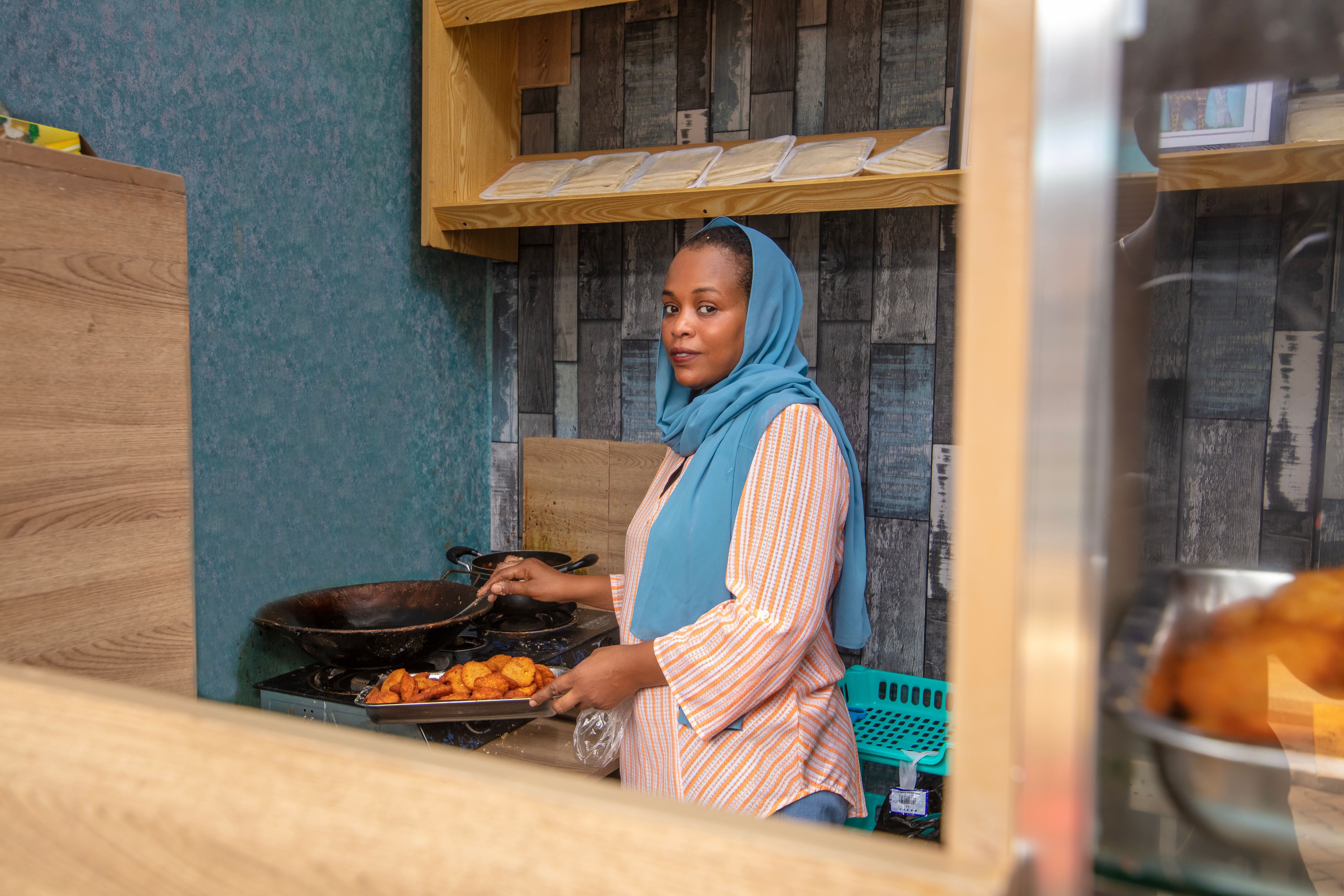
Isra al-Sheikh preparing felafel for her cafe guests. Credit: Mark Wasswa for Andariya
Lessons for Newcomers
As the fighting continues in Sudan and more people are fleeing in search of safety and some economic relief, Uganda has provided a safe haven for Sudanese people when many learned that investing in Uganda and obtaining related information is not challenging.
Dozens of social media platforms and groups provide information about the market, legal procedures, and help in project development, connecting the Sudanese community with the host community. As for the Ugandan government, it treats every refugee the same as Ugandan citizens in terms of investment, opening bank accounts, and offering various facilitations with the same government fees. As more people think of ways to settle into their new refuge countries, Uganda is likely to continue seeing more investment from Sudanese, from small to large. Will we see diversification or continuous gravitation towards the familiar?
